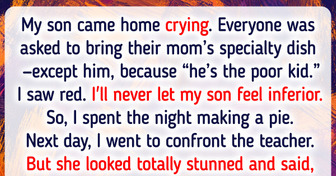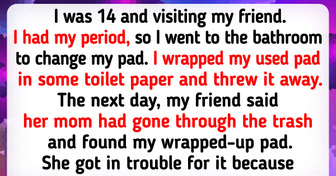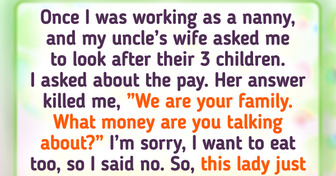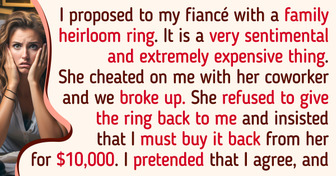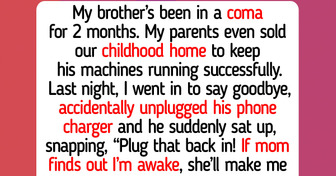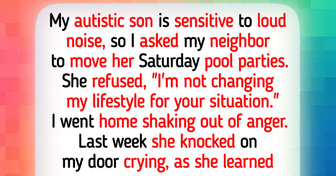10 Times Family Members Turned Life Into a Living Nightmare
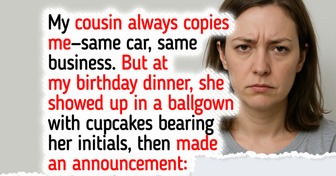
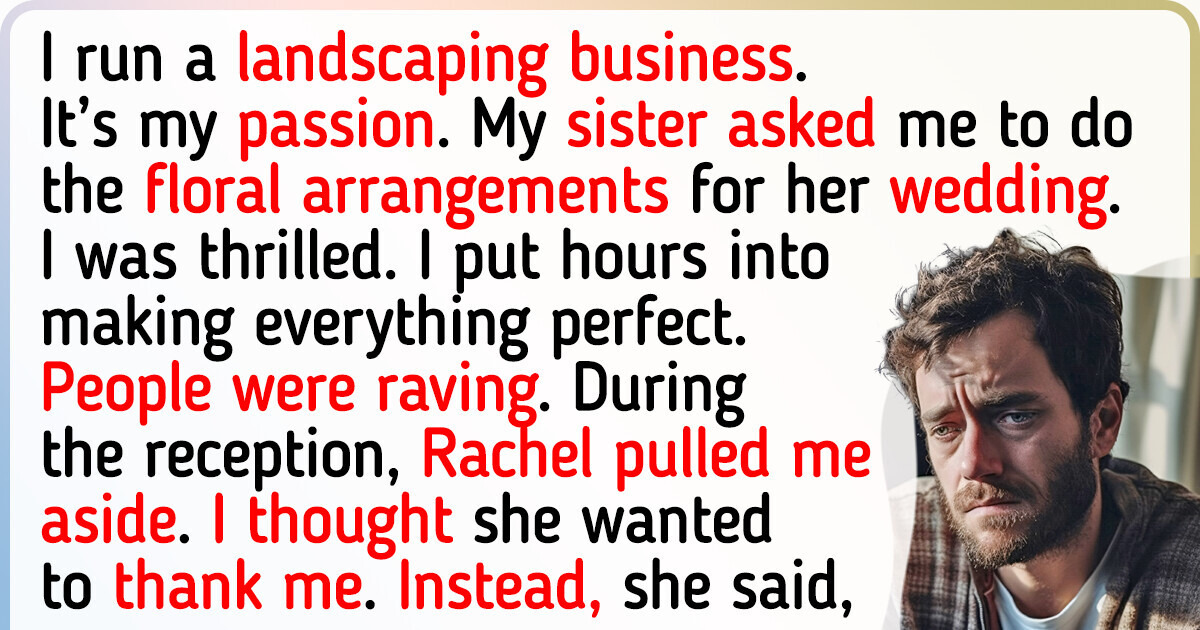
Our reader shared his story about how he gave everything to make his sister’s wedding day shine. But one cruel comment from the bride left him shattered, wondering if he’d ever be truly appreciated. His decision to leave the wedding sparked outrage from his family, but was it really the wrong choice? This story uncovers the emotional tug-of-war between loyalty to family and loyalty to yourself.

Hello Bright Side,
I need your advice on the topic that has been bothering me for several days. I'm torn and don't know how to proceed.
I wasn’t even sure I wanted to go to my sister's wedding last weekend. We’ve always had a rocky relationship—Rachel is the overachiever, and I’m the “dreamer.” I run a small landscaping business that I built from the ground up. It’s my passion, but my family sees it as just a side gig. They’re always comparing me to Rachel, who has a “real” career as a lawyer.
When my sister asked me to do the floral arrangements for her wedding, I was thrilled. I put hours into making everything perfect—custom bouquets, centerpieces, the works. On the day of the wedding, people were raving about the decorations, and I finally felt proud to contribute.
But during the reception, Rachel pulled me aside. I thought she was going to thank me. Instead, she said, “I hope you don’t think this means your ‘gardening business’ is anything more than a hobby.” I was stunned. I said, “Seriously? After everything I did for you?” She just laughed and said, “Let’s not ruin my day.”
I felt like I was nothing. I left right after that. I didn’t want to stay and pretend everything was okay. Now Rachel is furious, saying I made it all about me. My parents say I ruined her big day. I feel like I’m always the punchline in my family, and I’m done with it. Or was I supposed to just sit there and take it?
Best wishes,
Luke
Dear Luke,
Thank you for sharing your story—it’s clear this has been weighing heavily on you. Let’s unpack this together.
First, let’s acknowledge your efforts and passion. You poured time, creativity, and heart into Rachel’s wedding. The fact that guests raved about the floral arrangements is a testament to your talent. Landscaping and floral design are far more than just a "hobby"—they’re art, and you deserve to feel proud of the work you’ve built.
That said, Rachel’s comment was hurtful and dismissive. Understandably, her words felt like a betrayal, especially after everything you contributed. Her laughter in response likely compounded the sting, making you feel unappreciated and disrespected. Walking away wasn’t unreasonable—you were protecting your emotional well-being in the moment.
Consider opening a dialogue: Once the dust settles, reach out to Rachel. Share how her comment affected you—not in anger, but from a place of vulnerability. For example, you can say:
“I want to talk about something that’s been on my mind since the wedding. When you called my business a ‘hobby,’ it really hurt. I worked so hard on those arrangements because I wanted to contribute something special to your day. I felt dismissed, and it’s something I’d like us to talk about.”
Set boundaries if needed: If Rachel continues to dismiss your feelings or downplay your work, it may be time to set boundaries. You can love and support her while also making it clear that you deserve respect for your efforts and accomplishments.
Focus on your growth: Ultimately, your landscaping business is your journey. Don’t let anyone, not even family, undermine your passion. Success is subjective—if your work brings you fulfillment and purpose, that’s what matters most.
Luke, you deserve to be respected for your talents and contributions. Take this as an opportunity to stand firm in your passion while also fostering better communication with your family. Growth, after all, is something you’ve mastered—whether it’s in your gardens or your relationships.
Warm wishes
Weddings can be high-pressure events, and emotions often run high. One mother shared her story about how a dress became a breaking point in her and her daughter’s relationship.

